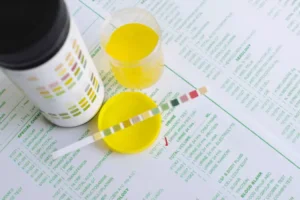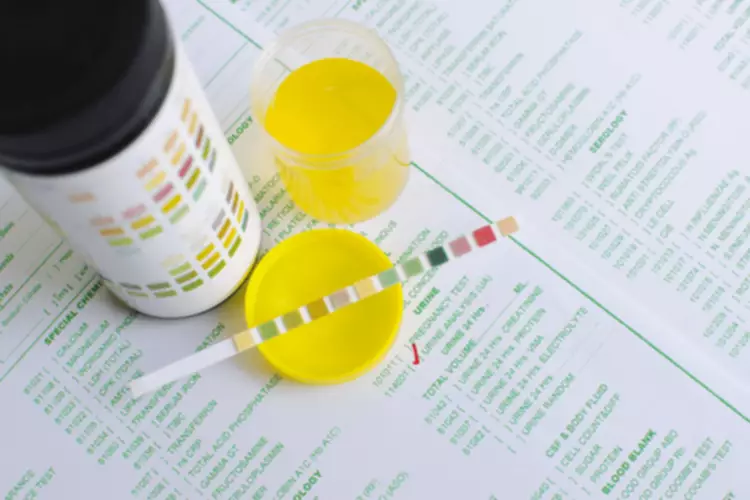
SLIT works by gradually desensitizing the immune system to the allergen, reducing the severity of reactions. This treatment is especially beneficial for individuals with multiple allergies or those who find it challenging to avoid allergens entirely. The best way to manage a beer sensitivity or allergy is to avoid drinking beer or choose beers that do not have the ingredient (like gluten) that are causing your symptoms. Additionally, Parikh says alcohol with a high sugar content can make allergy symptoms worse, since sugar is inflammatory. High sugar content isn’t just limited to mixed drinks; wine can also contain more sugar than you may expect. Some mass-produced red wines can contain as much as 12 grams of residual sugar — the sugar that doesn’t ferment into alcohol — per liter.

How can you treat alcohol allergy?
Consulting with a healthcare provider is essential for an accurate diagnosis. It is best for people who have gluten intolerance to avoid beer, unless it is gluten-free. One report, which the American Academy of Allergy Asthma & Immunology (AAAAI) cite, found a link between high levels of alcohol use and high IgE levels.

When to speak with a doctor
People with an alcohol allergy should exercise caution when eating or drinking anything that they have not prepared themselves. A genuine alcohol allergy is very specific and rather rare. These range from heart and liver damage to a greater risk of certain cancers. For some people, alcohol can also make allergy symptoms worse. A person experiencing a severe allergic reaction should go to the emergency room immediately. If a person is allergic to a particular ingredient found in some drinks, they could switch to drinks that do not contain it.
Types
- You are now leaving thermofisher.com and going to a site owned and operated by an independent third party.
- A few alcohols are less likely to trigger symptoms in people with alcohol intolerance.
- For many people, wine is the drink that causes them to sneeze.
- Consulting a healthcare provider can help determine the cause.
- Yes, developing an allergy to alcohol later in life is possible, although rare.
However, there are ways you can have your drink, and drink it too. You are now leaving thermofisher.com, and going to cvs.com/minuteclinic, owned and operated by an independent third party. Thermo Fisher Scientific is not responsible or liable for the content or services of cvs.com/minuteclinic. Thermo Fisher Scientific does not represent either MinuteClinic at CVS or the customer if the two enter into a transaction.

By understanding this connection, you can make informed decisions about alcohol consumption and protect your health. Additionally, certain alcoholic beverages, such as wine, may contain sulfites and other additives that can trigger allergic-like symptoms in sensitive individuals. Sulfites are commonly used as preservatives in wine and can induce respiratory symptoms, skin reactions, and headaches.
Is going red a sign you’re allergic to alcohol?
Intolerance results in symptoms like flushing, nausea, or rapid heartbeat. Consulting a healthcare provider can help determine the cause. If you suspect that you have an alcohol allergy or are experiencing unexplained allergic reactions, don’t wait to seek professional help. At HeyAllergy, we are committed to helping you lead a healthier, allergy-free life.
Ready to treat your allergies with expert care?

They are also usually given to small children instead of a nasal spray. Therefore, one can be taken as required if symptoms are mild, or come sneezing after drinking alcohol and go. One can also be taken regularly if symptoms occur each day. Allergic rhinitis (be it hay fever or persistent rhinitis) tends to run in families. You are also more likely to develop allergic rhinitis if you already have asthma or eczema.
People with alcohol intolerance could still consume alcohol, although they will likely experience side effects. If you experience a mild allergic reaction, over-the-counter oral antihistamines may be enough to treat it. If you develop any signs of a severe reaction, you should receive one or more doses of epinephrine.
Persistent allergic rhinitis
Allergy tests for alcohol are usually negative, but are sometimes positive to breakdown products of ethanol such as acetaldehyde or acetic acid. The human body constantly produces small amounts of alcohol, so it is unknown why some people have allergic reactions when they consume alcohol. For instance, beer and wine contain high levels of histamine, which can also contribute to a runny nose or nasal congestion. Or, maybe you’re sensitive to sulfites or other chemicals in alcoholic beverages, resulting in nausea or headaches. If your body is suddenly rejecting alcohol, it could be due to alcohol intolerance, a reduction in enzyme production, an underlying health issue, or medication interactions.